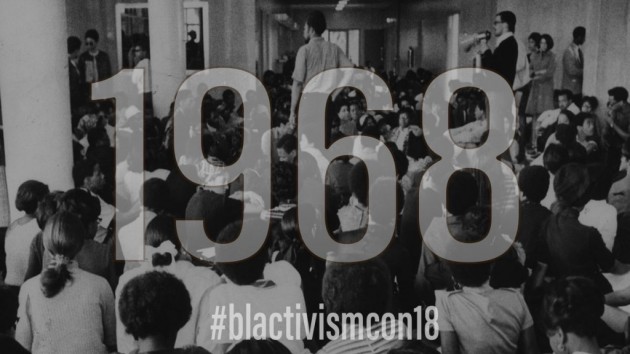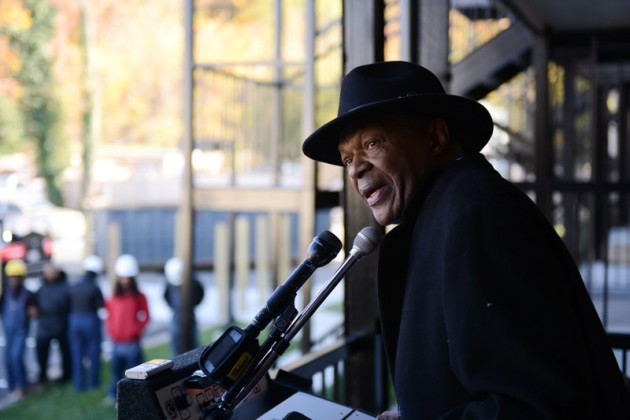Mourners Mark One-Year Anniversary
It’s almost 10 years deep in the nation’s memory, yet everyone still vividly remembers the massacre at Columbine High School. The same will likely be true for the Virginia Tech shootings, as survivors mark the one-year anniversary with candlelight vigils and memorial ceremonies to mourn those killed on April 16, 2007. Within this single school year, students, families and faculty members have been shaking their heads wondering if the deadly occurrences at Delaware State University and Northern Illinois University are evidence of copycat incidents or a forecast of a steadily rising rate in school violence.
An increased level of anxiety and concern builds for many parents as they near the end of another academic semester or prepare to send their children off to college for the first time next fall. The number of suicides, car accident fatalities and alcohol/drug deaths already worry some parents when thinking about the safety of their college students; now they can add shooting sprees to the list.
According to a recently recorded timeline on an online almanac, 55 school shootings worldwide occurred between 1996 and 2008, only 11 happening outside the United States. To show the steadily growing rate at which the incidents take place, within the month of February 2008 four shooting incidents were reported at different high schools and colleges. With that, the frequently asked questions keep resurfacing: Are our schools really safe? Where is this violence stemming from? How can it be prevented?
Many schools nationwide, even some middle schools in high-crime area, hire several on-duty security officers and require that all persons entering the building walk through a metal detector. Because metal detectors are not required by all schools, some students and parents feel that they are not completely safe while at school. In addition, most colleges are classified as open campuses, and any persons-students or not-can enter the premises whenever they please. This leaves a lot of parents and students also fearful of the possibility of an attack, robbery, kidnapping or rape.
Anthony Smith, a campus police officer at Howard University, admitted that it is quite difficult to keep an open campus secure. “We generally have officers stationed at all of the campus entrances and exits 24-7,” Smith explained. “It gives the Howard community a sense of safety.”
“They say that the faculty and staff are the ‘eyes of the students,’ but ultimately we cannot see and act to everything that occurs here. We have to just be ready for all possible events.”
Anton Prater, a junior at Virginia Tech, believes that there is really no way to ease the discomfort about school safety because it is too difficult to manage. “I feel like school is actually the worst place to feel safe at, because of the low security levels,” Prater said. “After the shooting, some changes in security did occur on campus, like an increased number of police officers and stricter visitation policies in the dormitories. Yet, there isn’t as much done as there could be, because the school must still grant students some level of privacy.”
Knowing that the possibility of danger is never completely eliminated scares a lot of students, and some feel that they’d rather have limited freedom than to be more susceptible to threats.
Despite the naked truth of this problem facing educational systems, one should not let this discourage them from going to school or enjoying the memorable experiences that college has to offer, said Elyssa Lee, a junior at Howard.
“It’s the best years of your life,” Lee said. “Violence will inevitably occur whether you go to a small college in the middle of nowhere or a big university like UNC [University of North Carolina] or Virginia Tech. You can’t let the incidents at other schools ruin the most monumental four years of your life. You can’t be na’ve, but become aware of all the possibilities and know what to do in case of an emergency. That is the best way to keep yourself safe.” Security officers at Howard University recommended several steps that students and faculty members can take to ensure their safety. 1. Immediately report any word of a potential attack, whether it has the tone of a threat or a joke. 2. Take note of any abnormal behavior of classmates or residents in their dormitories. In many reported cases, the suspects in school violence are typically social outcasts or persons suffering from sudden loss or lack of self-esteem. 3. Become familiar with all buildings they frequent and find the emergency exits and possible places to hide in cases of an emergency. Another safety precaution is to have the number of a nearby security guard or service that can provide transportation or escort services late at night.
Overall, school is supposed to be an enjoyable time of learning and interacting, and some students said that unfortunate incidents should not cause them to live in fear, especially when they’re away from home.
“Even after the tragedy here at Virginia Tech, I never considered transferring or was afraid to go to class,” Anton Prater said. “I have learned to never forget the past but in the same to never stop living.”


